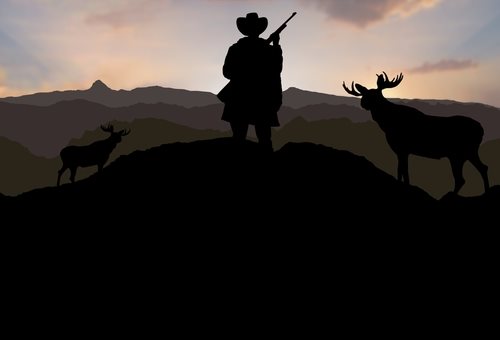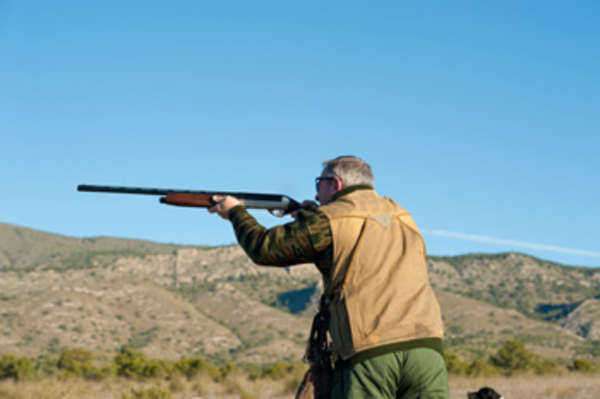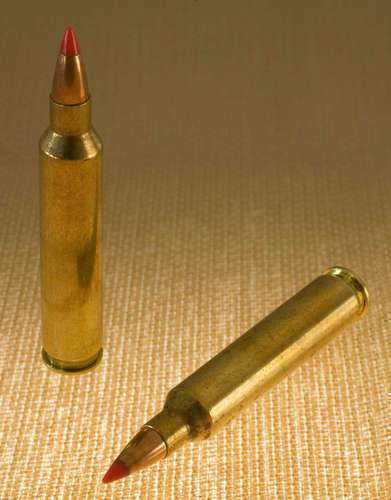What Are Hunting Accidents




 There is a very big difference between hunting and poaching. While animals may be killed in both cases, the acts are quite different form a legal, moral and ethical stand point. In both cases, animals may be taken as trophies, however, hunters generally take only animals that they are legally allowed to and they practice ethical hunting standards.
There is a very big difference between hunting and poaching. While animals may be killed in both cases, the acts are quite different form a legal, moral and ethical stand point. In both cases, animals may be taken as trophies, however, hunters generally take only animals that they are legally allowed to and they practice ethical hunting standards.
Poachers generally kill animals to make a profit. They may be paid to kill an animal that appears to be a threat to livestock. Although that action can sometimes be legal in some locations. Poachers may also kill animal in order to take the babies to be sold as pets or for the entertainment industry on the black market.
Poaching may also include killing animals in order to sell parts of those animals. In some geographic locations, people use animal parts for medicinal purposes or in rituals. In other cases, there are people that want the pelt of an animal for decorative purposes. They may also want the animal stuffed, in order to be used as a trophy.
Hunting animals however, is done in a more ethical way. For example, hunting animals does not include killing , injuring or harassing endangered species. In fact, there are every strict laws which regulate the the type and size of an animal that hunters may kill.
Hunting animals, when done legally, includes ethical standards as to how, when and where animals can be killed. Poaching on the other hand, follows no rules and animals are often killed in unethical ways.


